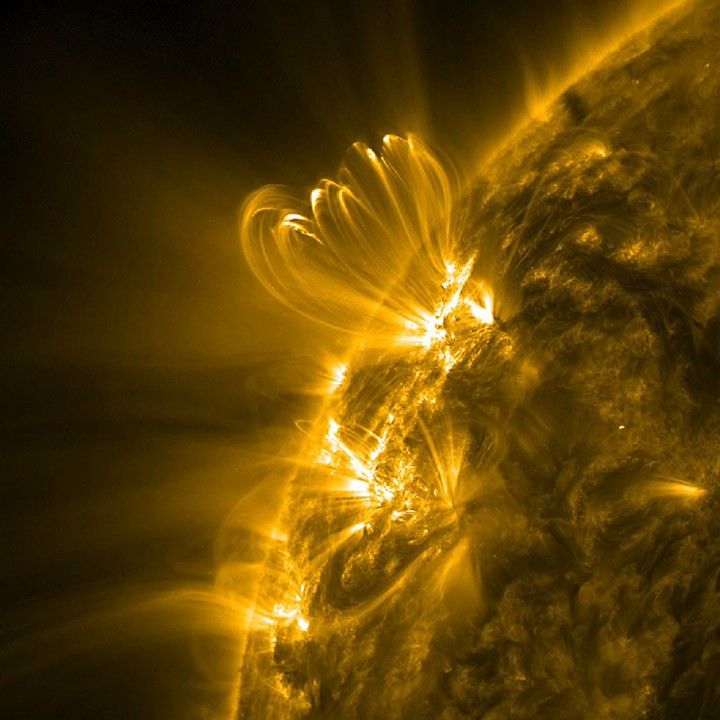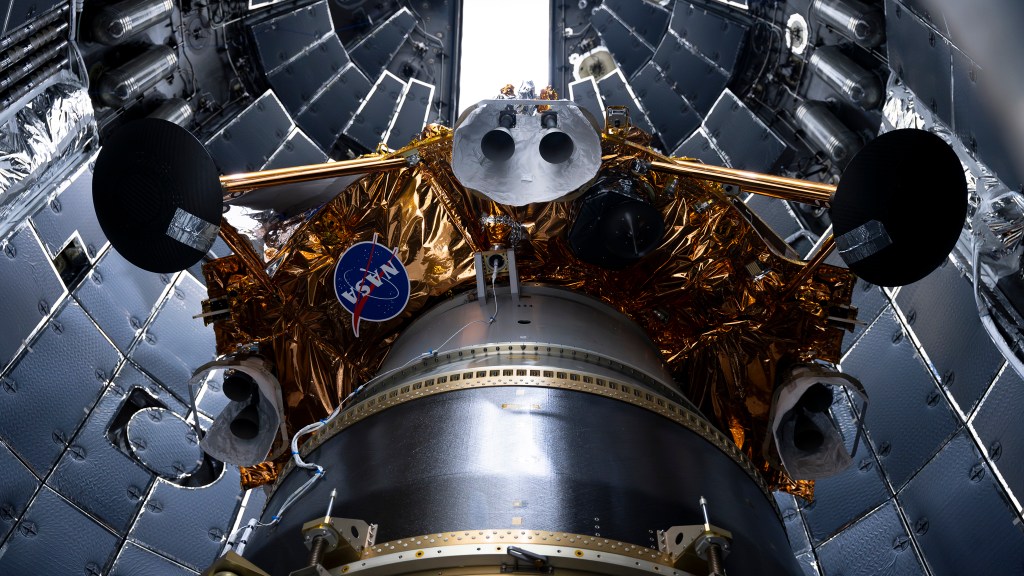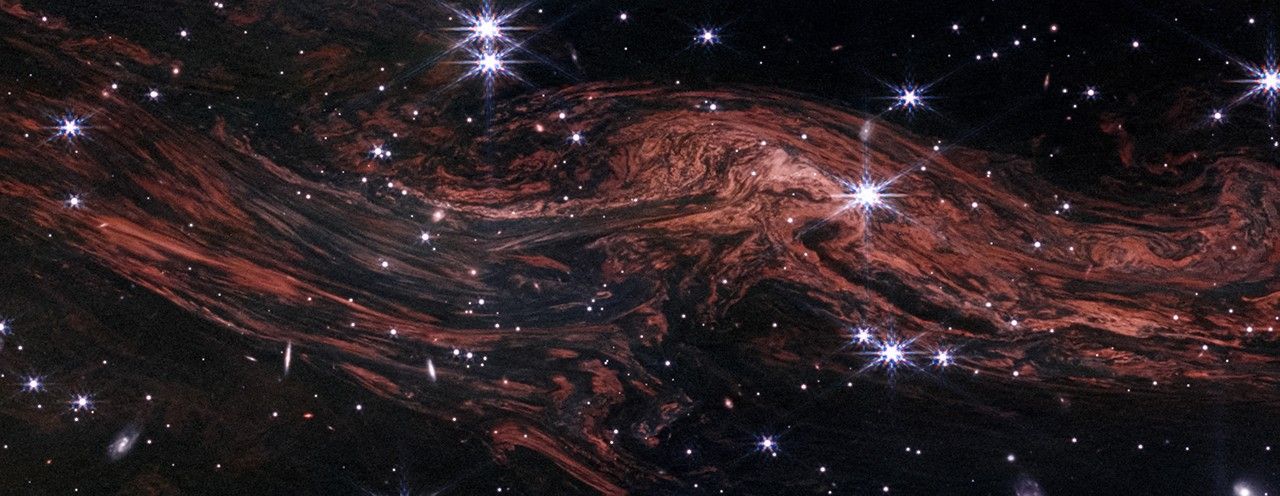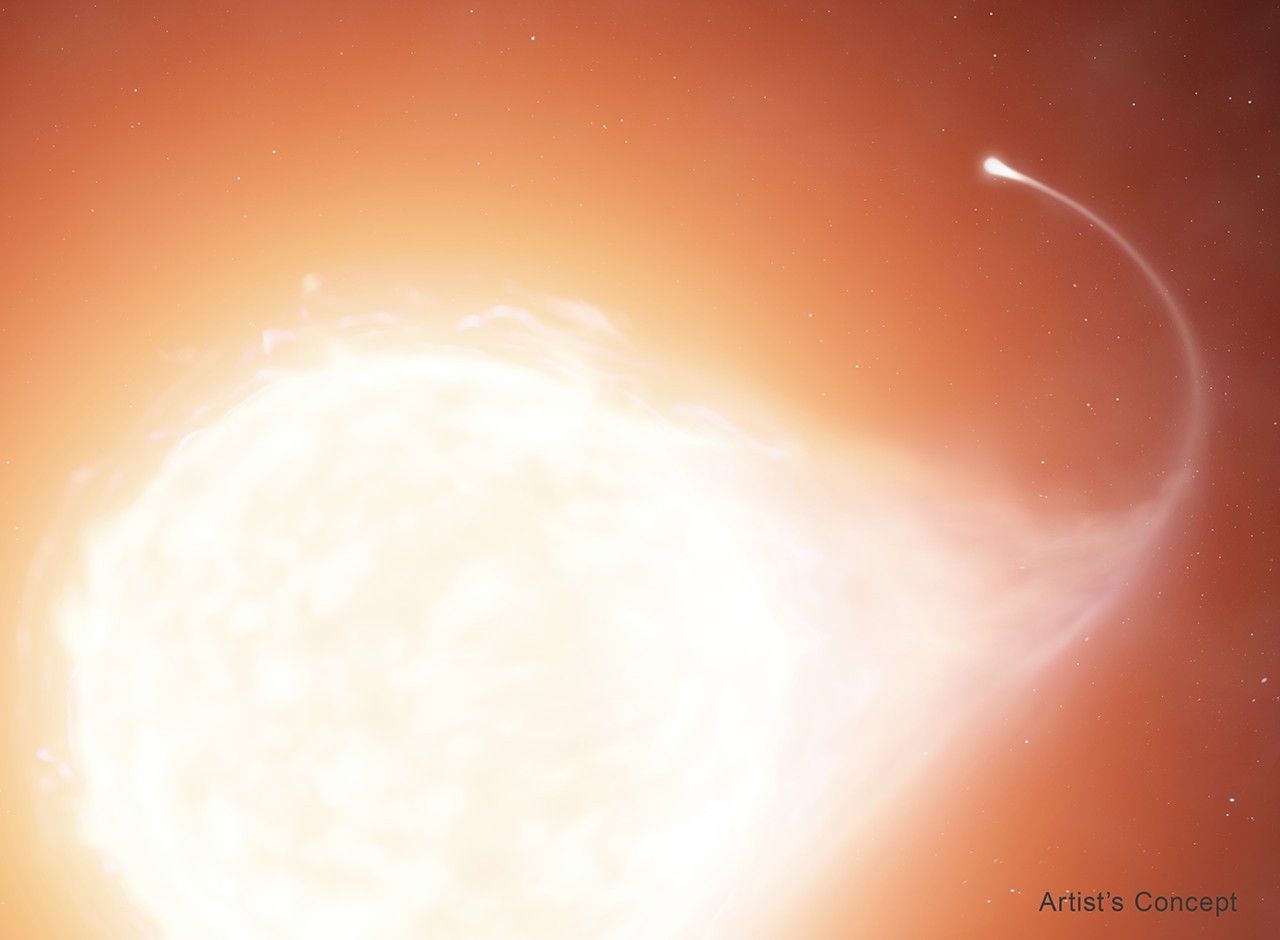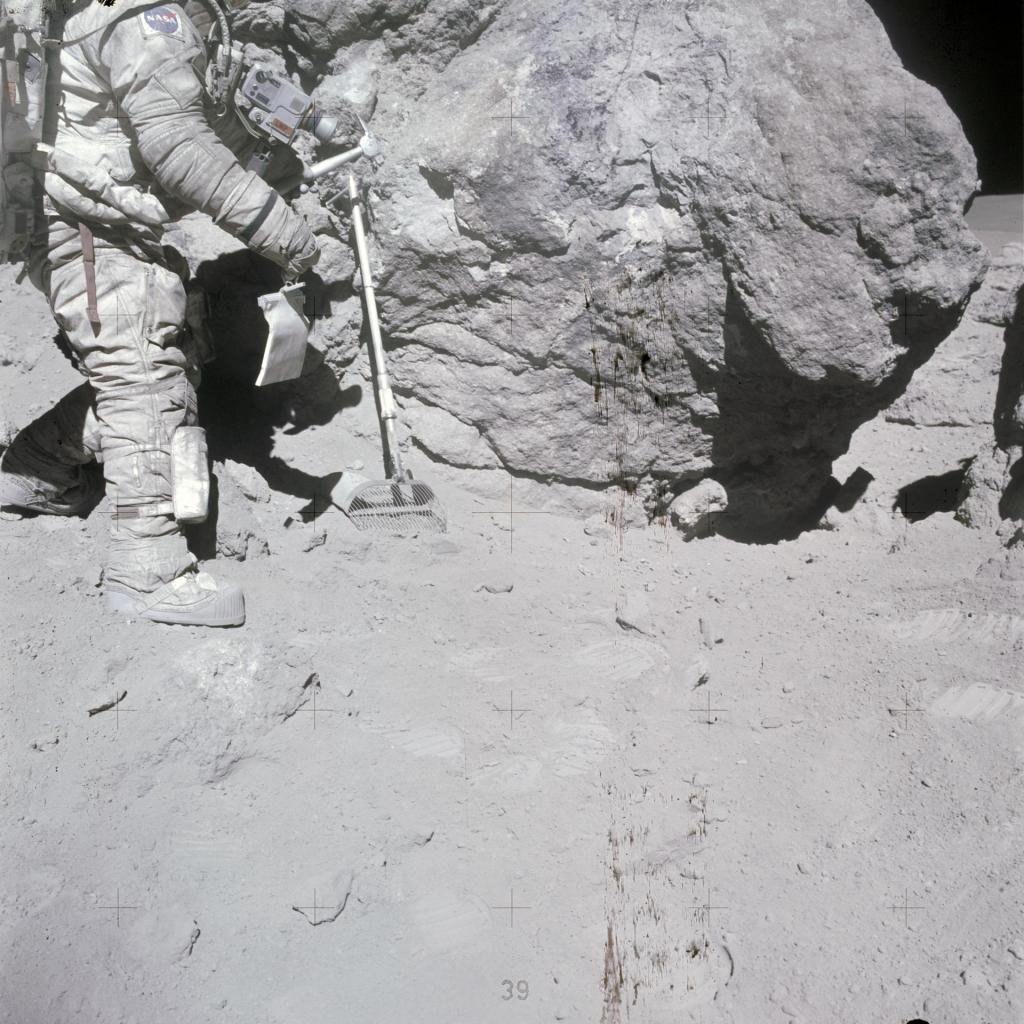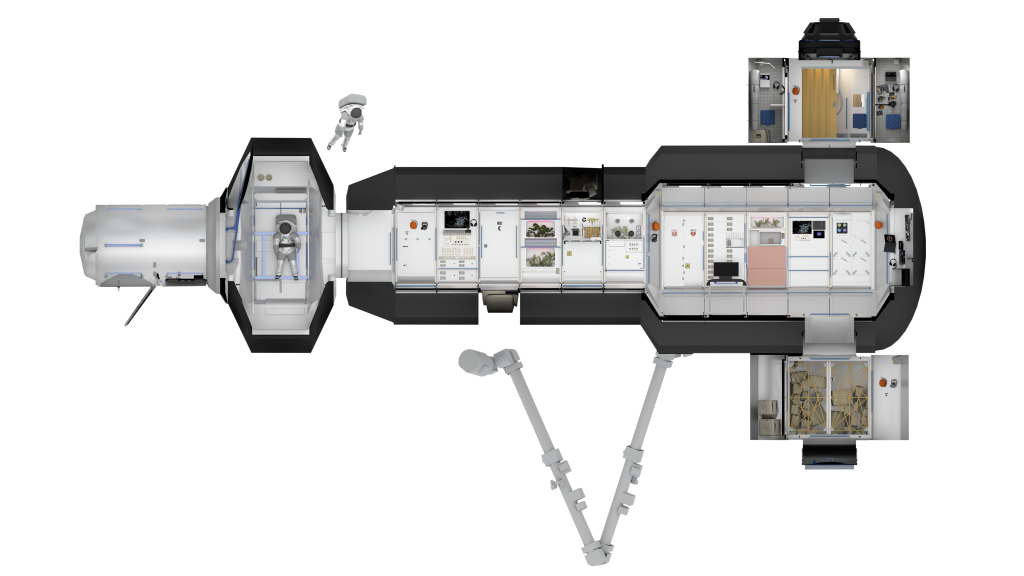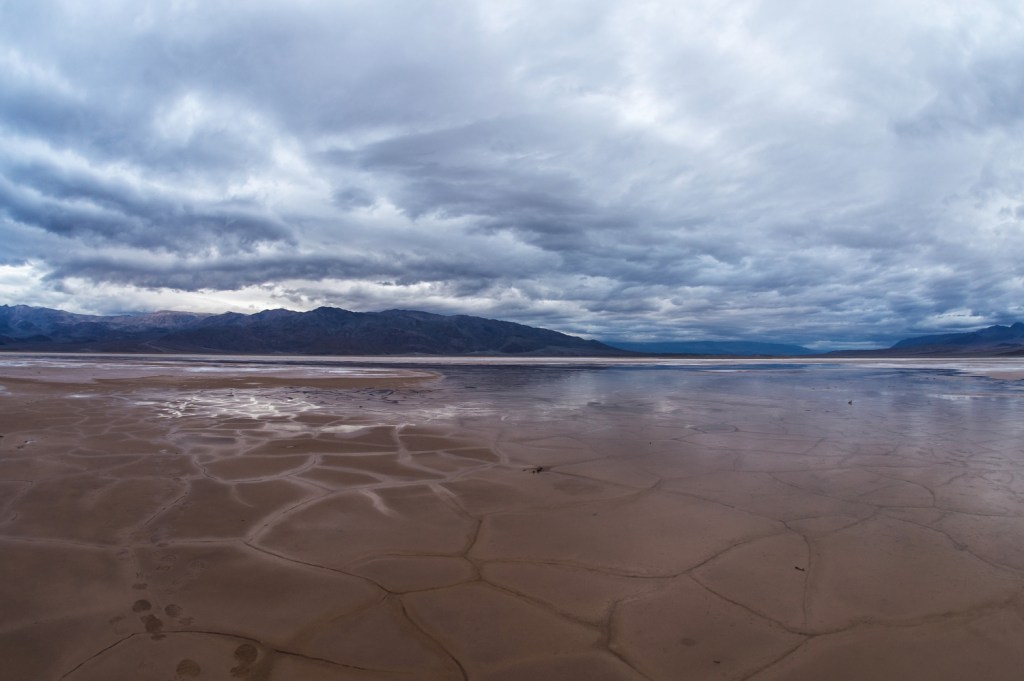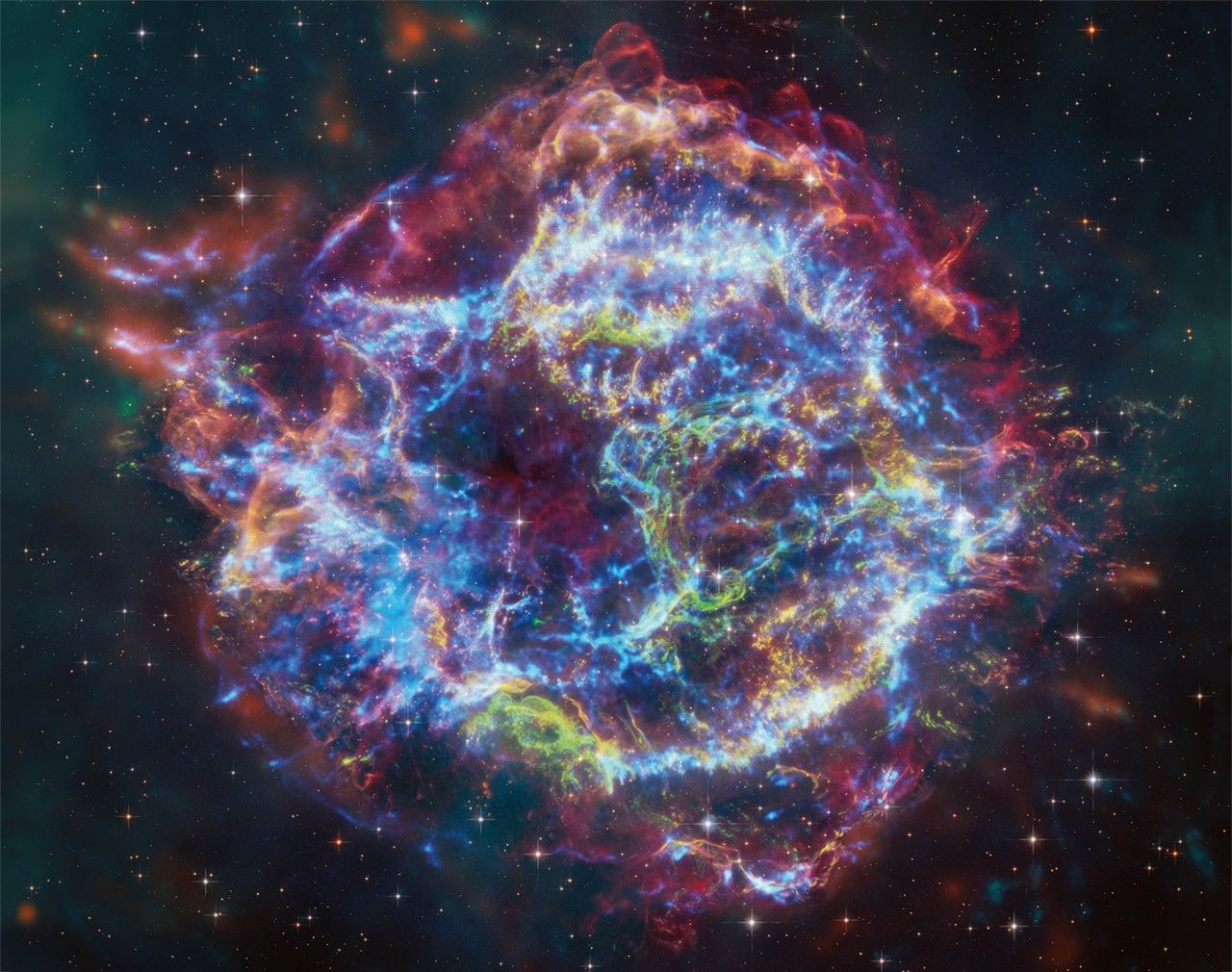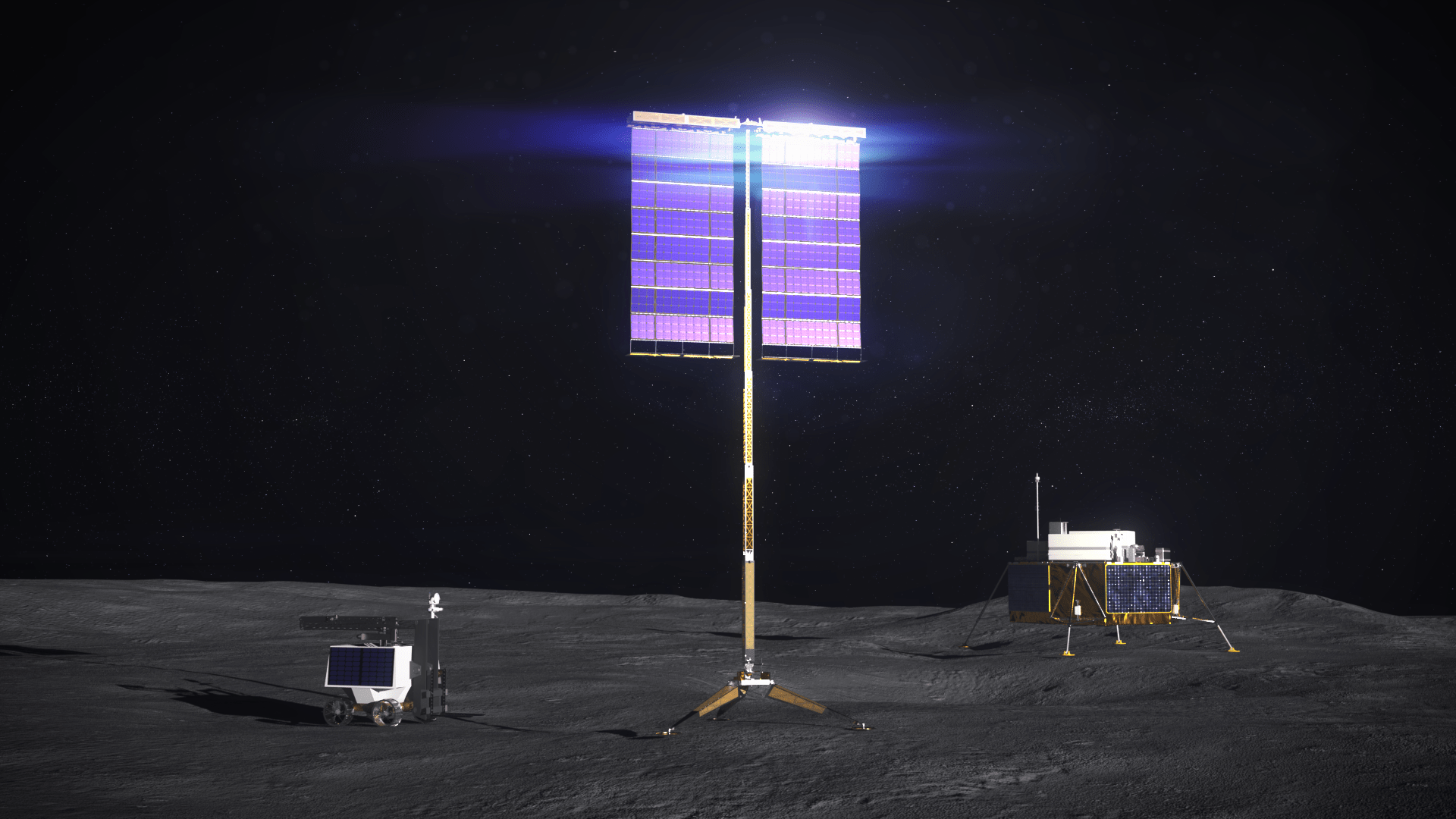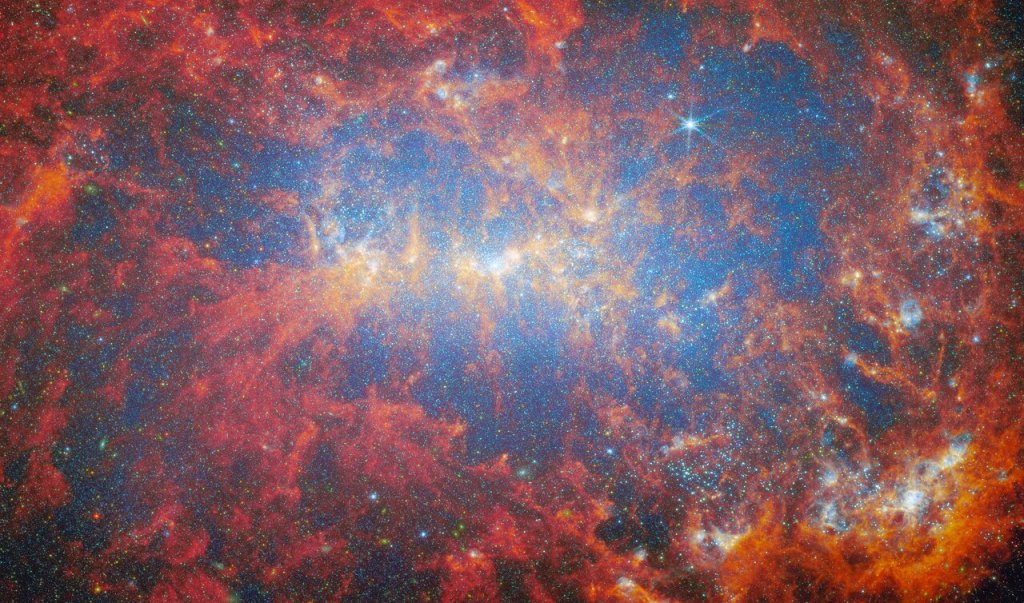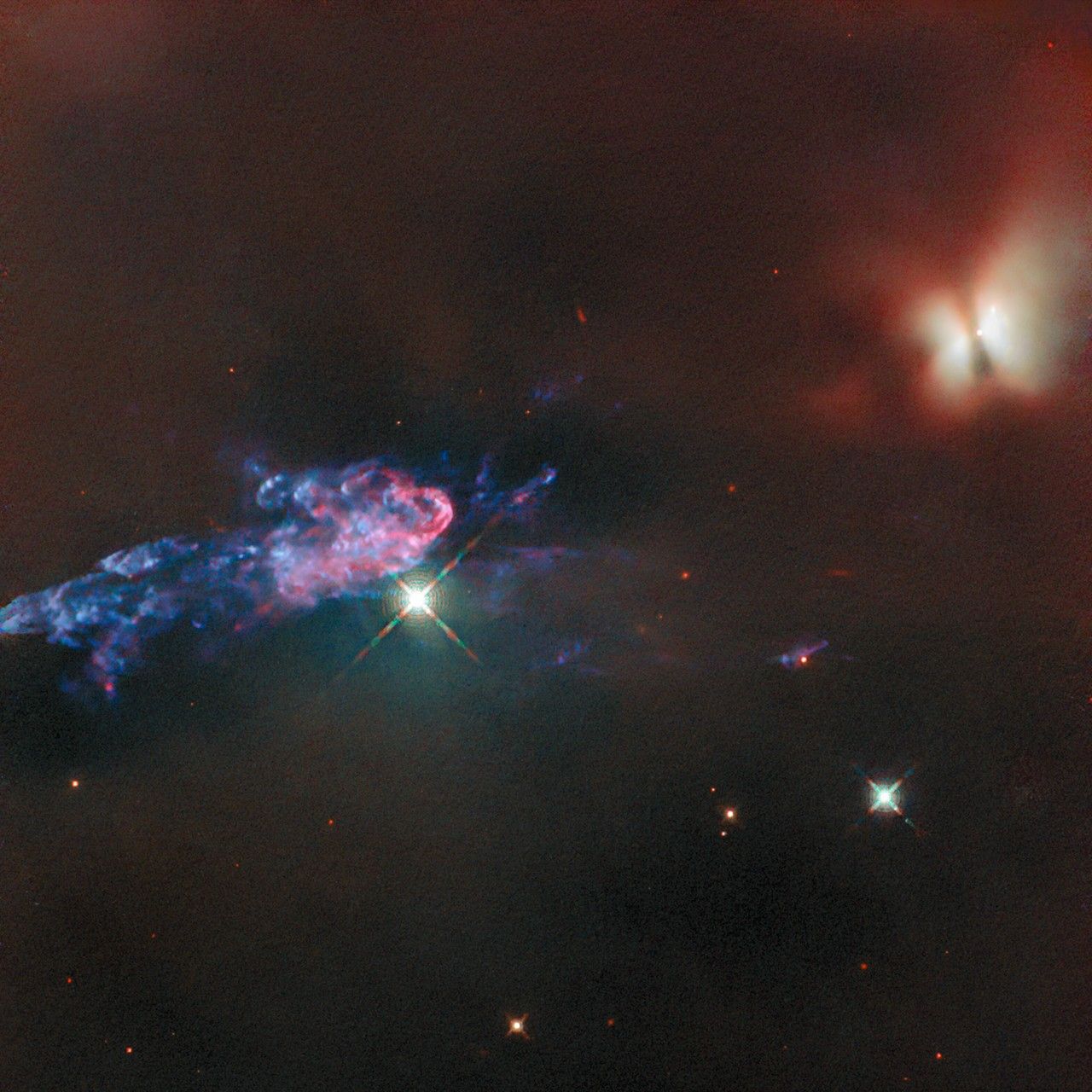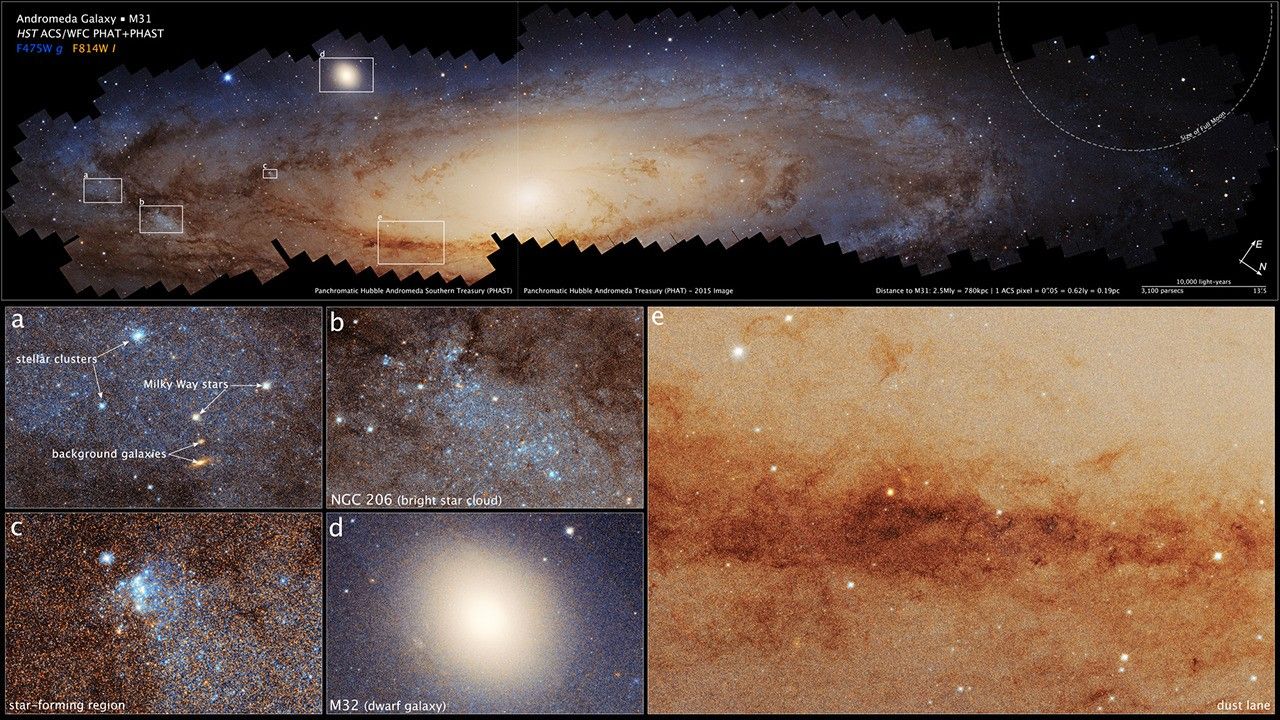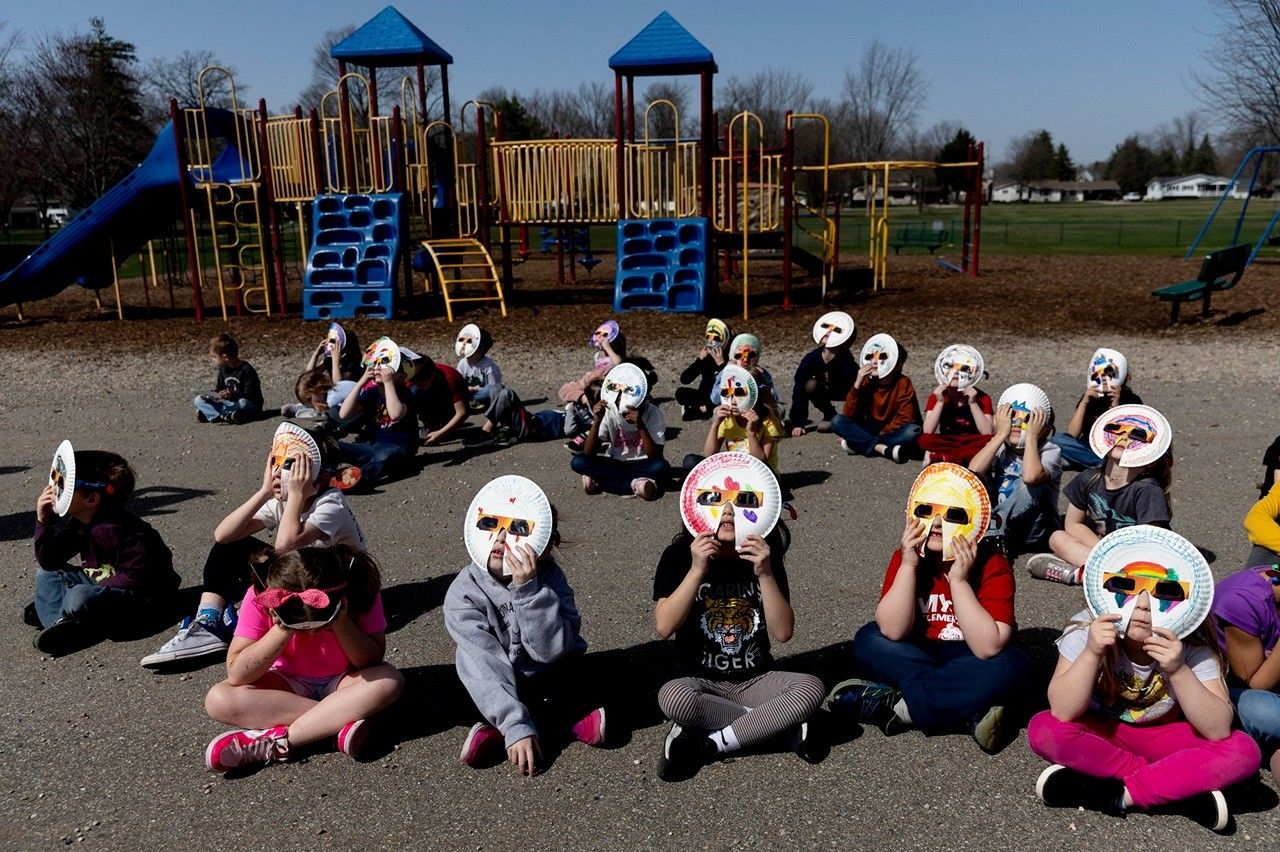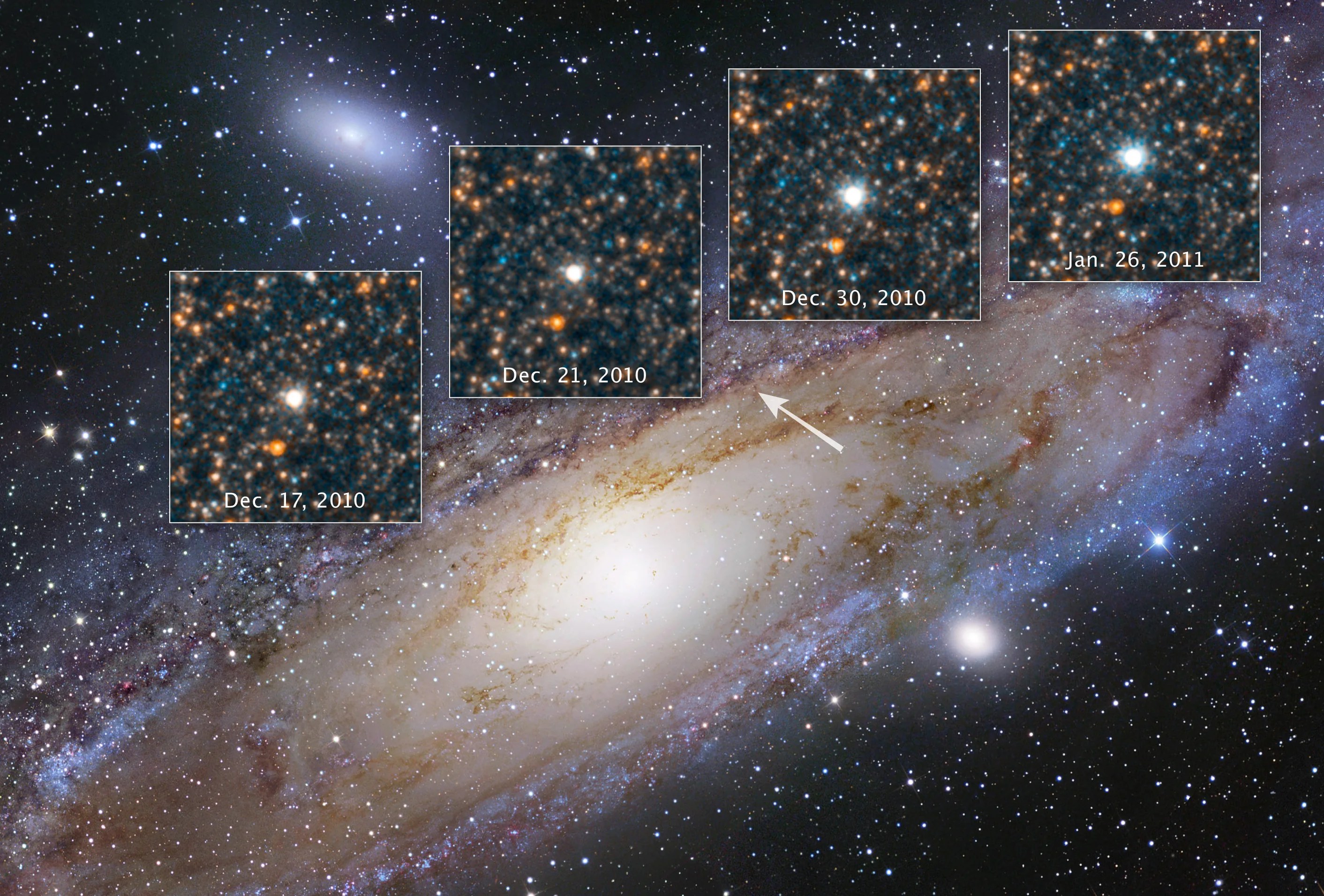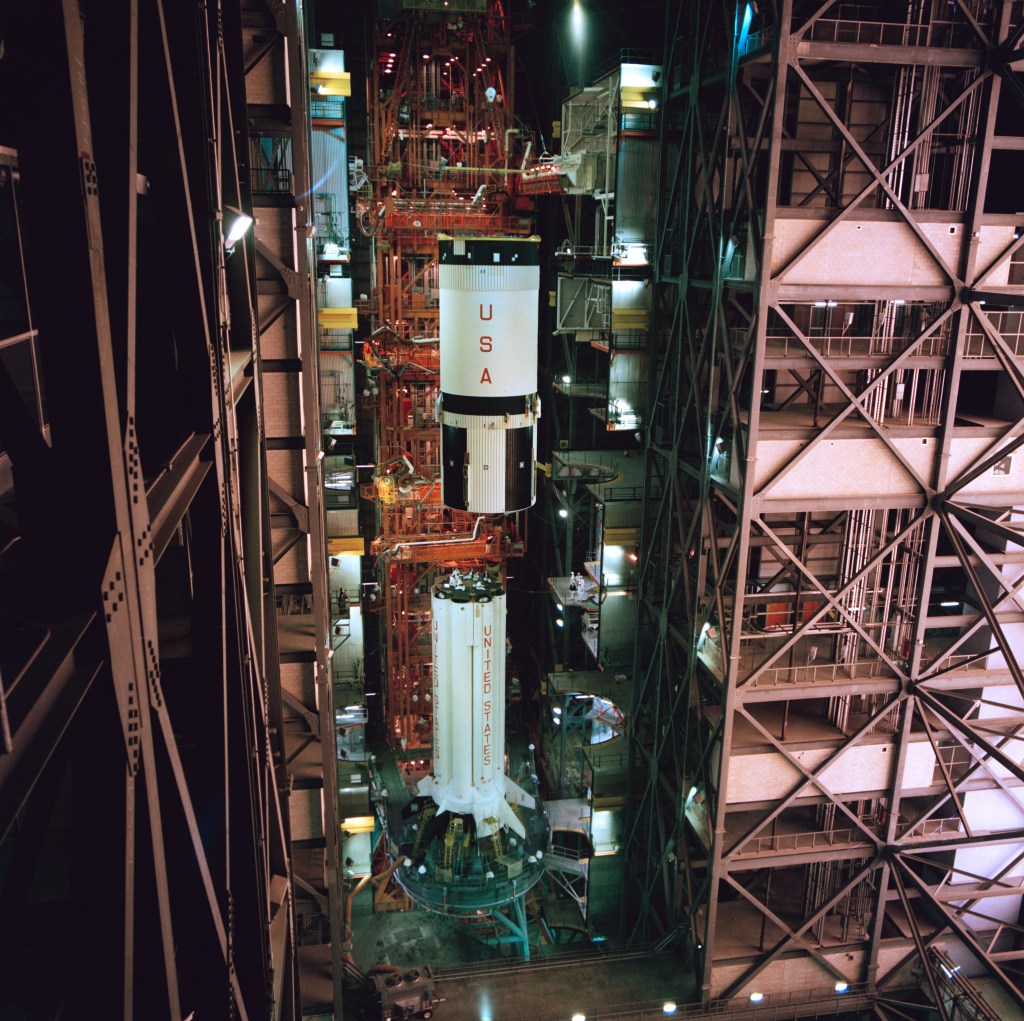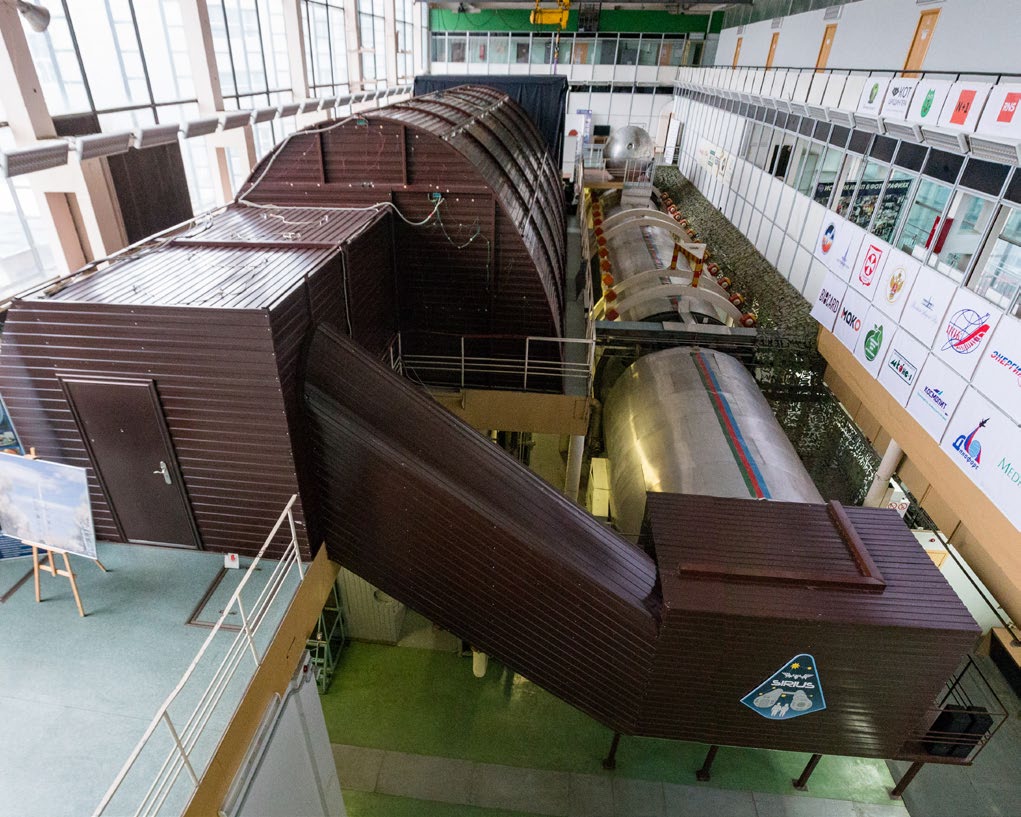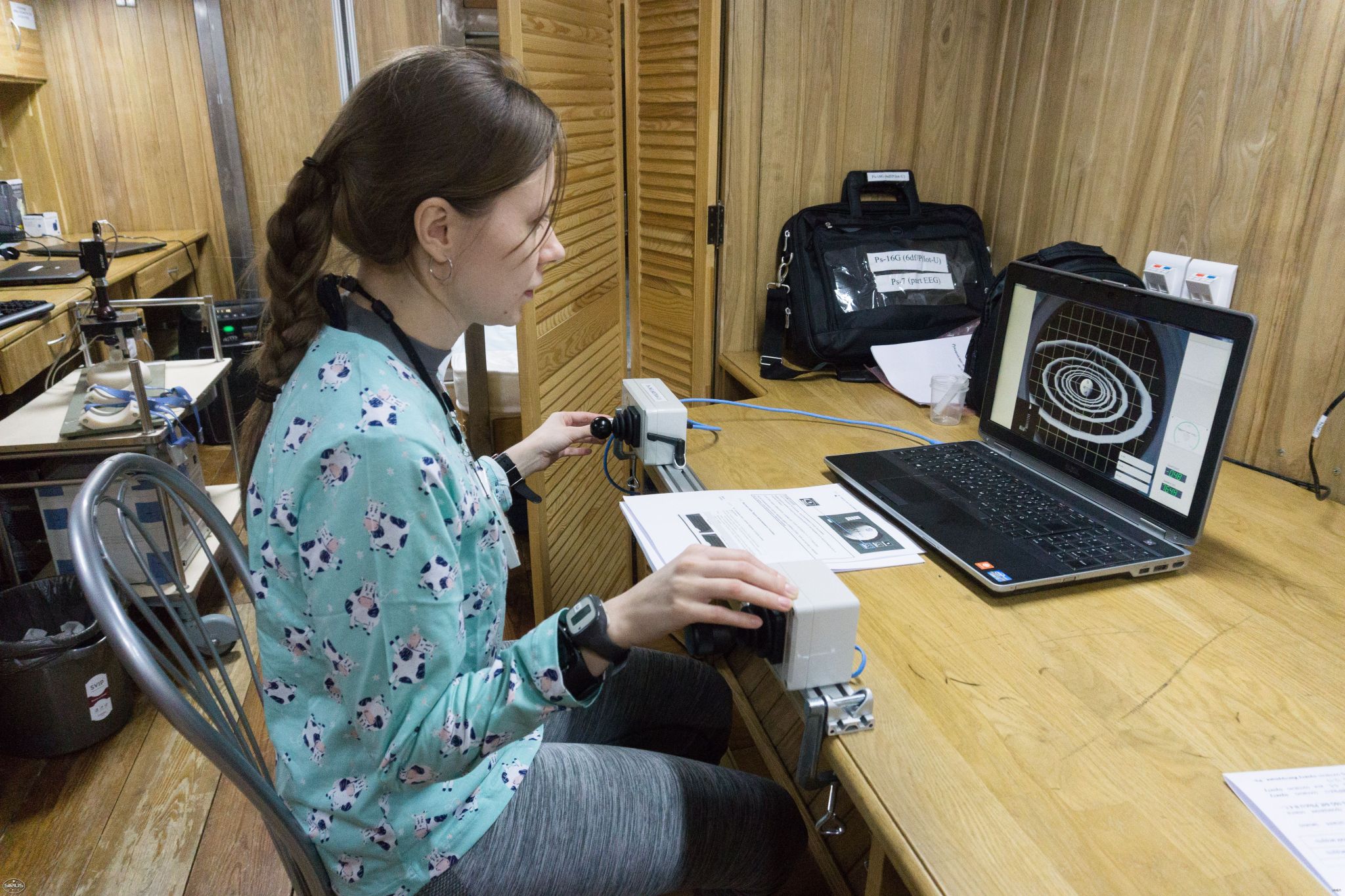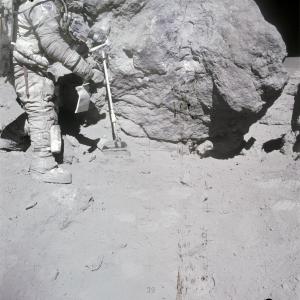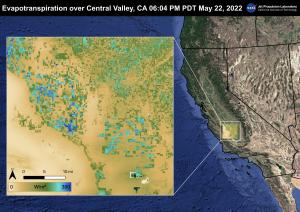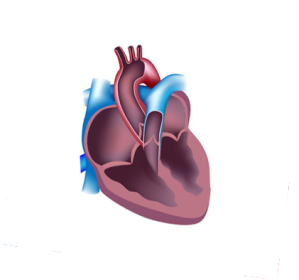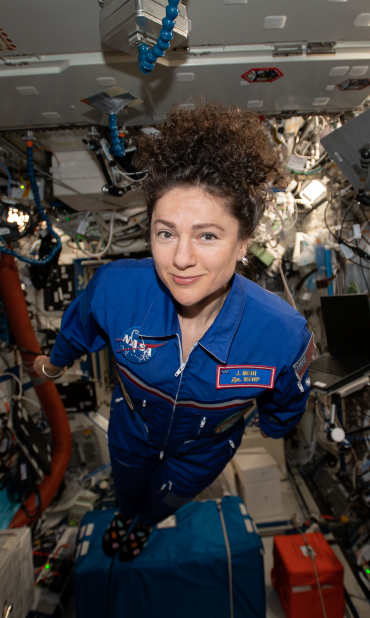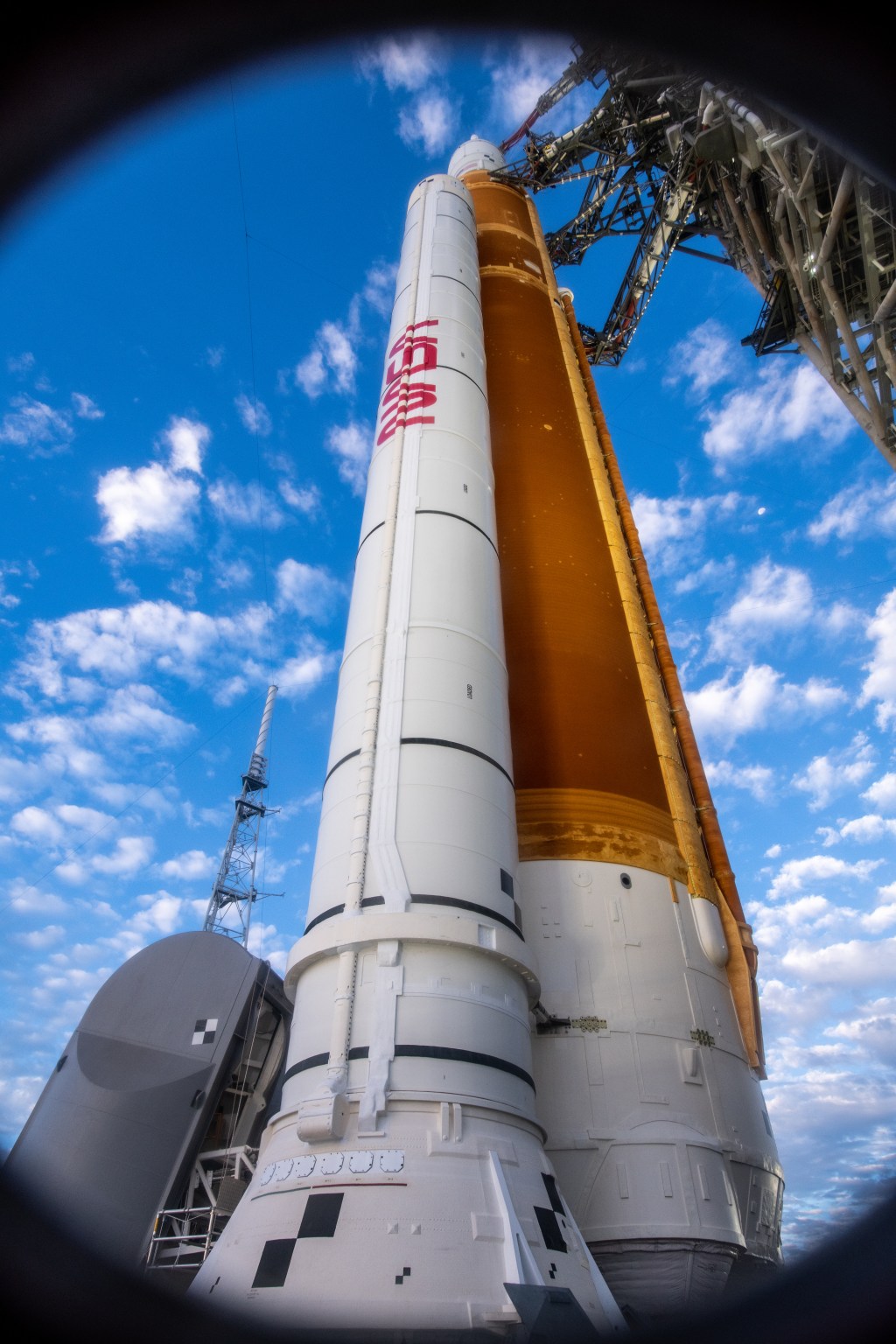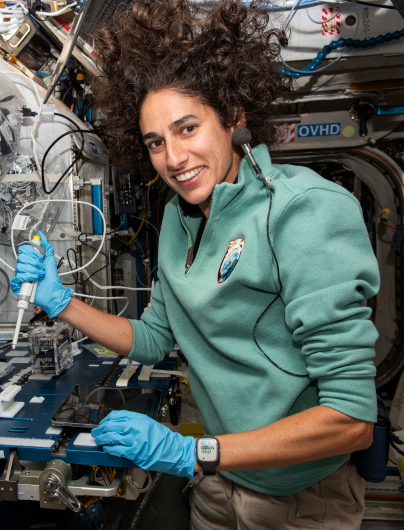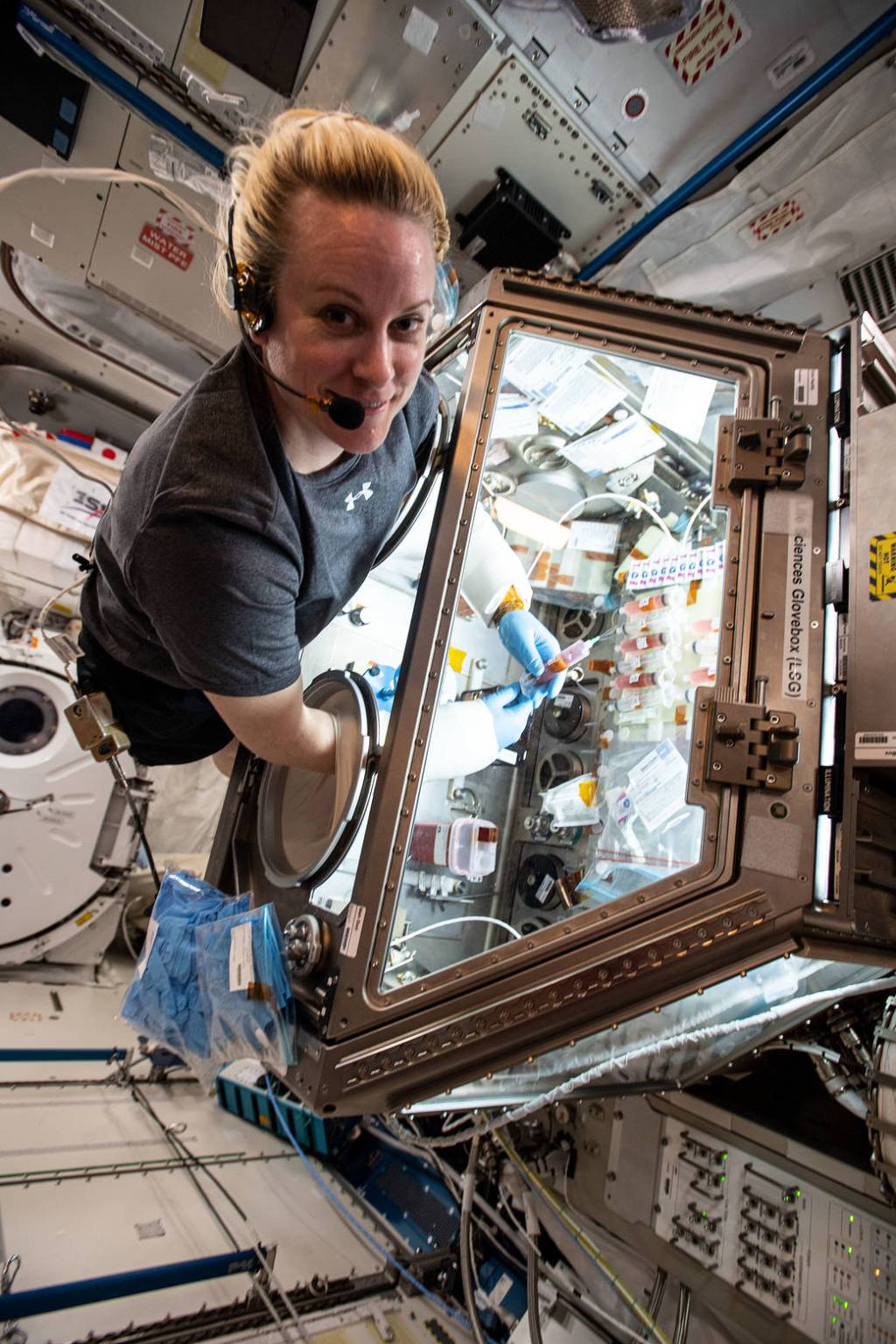Astronauts experience various aspects of social isolation and confinement during their missions, and NASA researchers are working to develop methods and technologies to mitigate and counteract potential related problems on future spaceflight missions.
As many around the world are staying at home in response to the global coronavirus pandemic, NASA is preparing for its next spaceflight simulation study. Researchers are seeking healthy test subjects to live together as a small crew in isolation for eight months in Moscow, Russia.
The analog mission, originally intended to begin in 2020 but delayed to ensure the health and safety of participants, is the next in a series of studies that will help NASA learn about the physiological and psychological effects of isolation and confinement. This will help prepare humans for Artemis exploration missions to the Moon and long-duration missions to Mars. NASA is continuing to accept applications to participate as a test subject through April 16, 2021 for the eight-month mission now planned to start in late 2021.
NASA is looking for highly motivated U.S. citizens who are 30 to 55 years old and proficient in both Russian and English languages. Requirements are a Master of Science, Doctor of Philosophy, or Doctor of Medicine degrees, or completion of military officer training. Participants with a bachelor’s degree and other specific qualifications (such as relevant additional education, military, or professional experience) may be acceptable candidates, as well.
Participants will experience environmental aspects similar to those astronauts are expected to experience on future missions to Mars. A small international crew will live together in isolation for eight months in a facility called Nezemnyy Eksperimental’nyy Kompleks, or NEK, within the Institute of Biomedical Problems at the Russian Academy of Sciences in Moscow. Each participant will commit to 11 months in Russia, during which they will be test subjects in scientific research. They will use virtual reality and perform robotic operations, among a number of other tasks during the simulated lunar mission. The study includes two months of pre-mission training/testing, eight months of isolation in the habitat, and one month of post-mission testing.
Research will study the effects of isolation and confinement as participants work to successfully complete their simulated space mission. Results from ground-based missions like this help NASA prepare for the real-life challenges of space exploration. These studies also provide important scientific data to solve some of these problems and develop countermeasures.
The upcoming study builds on a previous four-month simulation conducted in 2019. These and other simulations at NEK form the Scientific International Research In a Unique terrestrial Station program, also known as SIRIUS.
Compensation is available for participating in the mission. Compensation information will be provided during the candidate screening process.
If you seek a unique adventure and have a strong desire to contribute to space exploration, click here to learn how to participate. You can also read our list of frequently asked questions for additional information on the mission and learn what life will be like as a SIRIUS test subject. Applications are being accepted through April 16, 2021. Qualified candidate test subjects should apply now to have an opportunity to contribute to NASA’s work in preparing to return to the Moon and journey to Mars!
NASA always works closely with its international partners to ensure the health and welfare of crew members, and will continue to proactively monitor the coronavirus pandemic for any potential effects on the mission. Just as crews heading to the International Space Station must stay in quarantine for two weeks prior to their launch (to ensure they are not sick or incubating an illness), the crew members of this upcoming SIRIUS-21 mission also will likely begin their experience with a quarantine in Moscow.
______
NASA’s Human Research Program, or HRP, pursues the best methods and technologies to support safe, productive human space travel. Through science conducted in laboratories, ground-based analogs, and the International Space Station, HRP scrutinizes how spaceflight affects human bodies and behaviors. Such research drives HRP’s quest to innovate ways that keep astronauts healthy and mission-ready as space travel expands to the Moon, Mars, and beyond.

